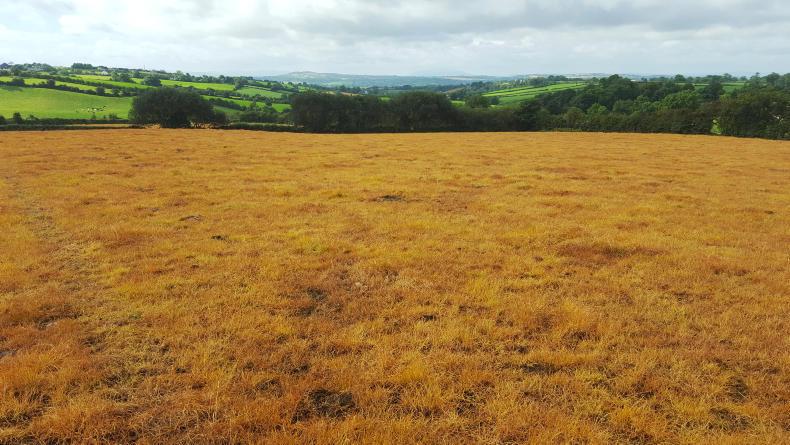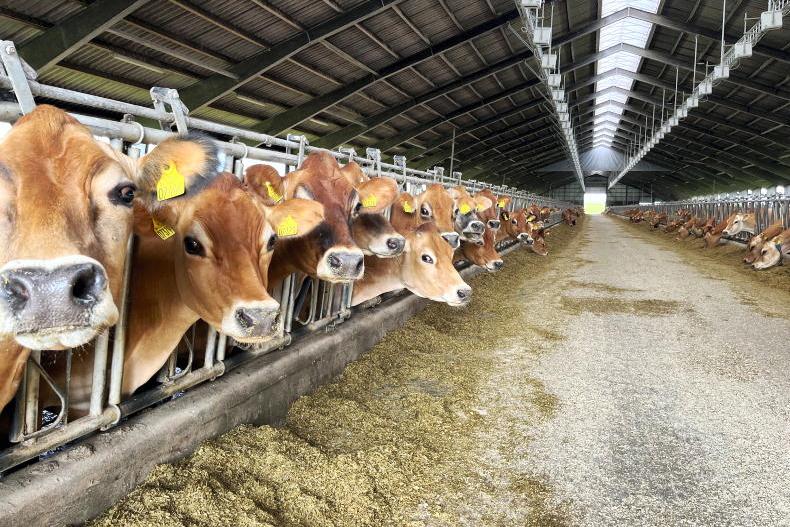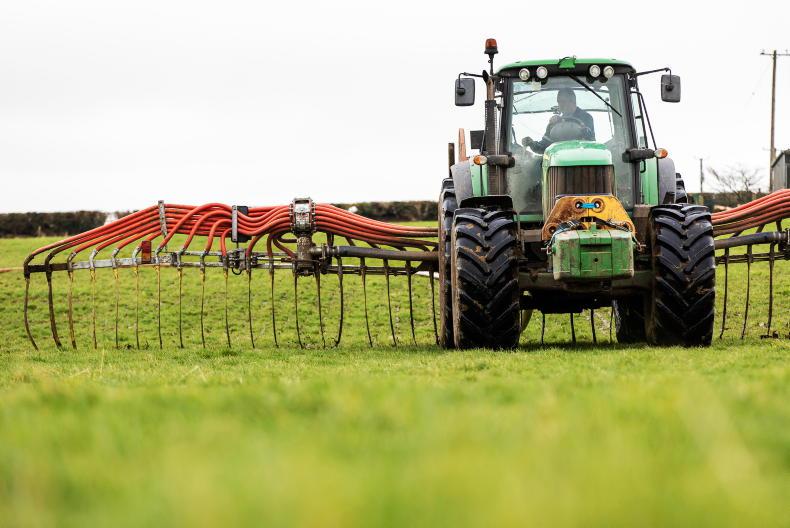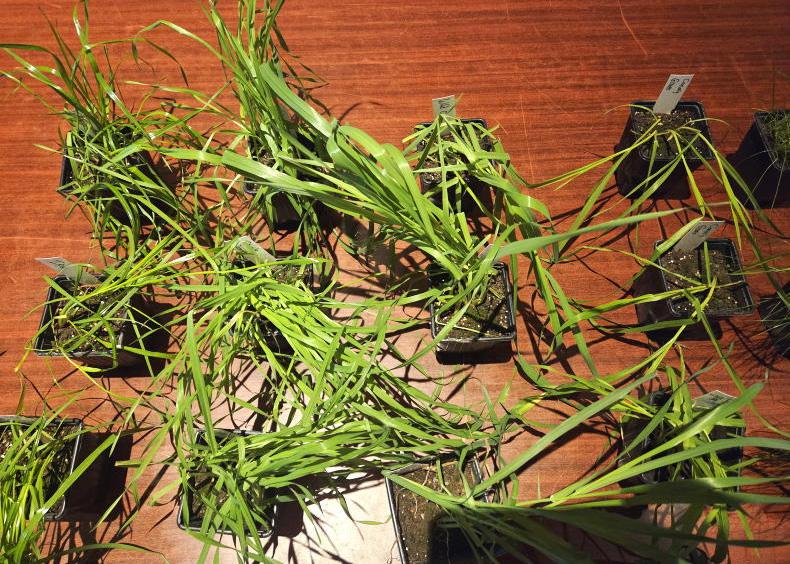The health directorate of the European Commission (DG Sante) has sent member states a new proposal to re-authorise glyphosate for a period of five years, a Commission source has told the Irish Farmers Journal.
Experts nominated by each country are invited to vote on the proposal on 9 November, just five weeks before the current licence expires.
The latest vote on the Commission's initial proposal for a 10-year re-authorisation was scheduled last week, but did not go ahead after a qualified majority failed to emerge. At least 16 countries representing a minimum of 65% of the EU's population must agree for the committee on phytopharmaceuticals to authorise a pesticide.
It remains unclear whether the five-year proposal will receive sufficient support, as the Irish Farmers Journal understands that option was already discussed at the latest meeting of the committee last week.
German and French sway
Germany and France, the EU member states with the largest populations, hold most sway because of the qualified majority voting system. While the French Government opposed a 10-year re-authorisation, it has publicly endorsed a five- to seven-year period.
The German position remains uncertain as Chancellor Angela Merkel continues talks with a number of political parties including the Greens to form a coalition following last month's election.
The European Parliament adopted a resolution on Monday calling for a ban on glyphosate by 2022, but the final decision rests with the committee of experts mandated by member states.
Read more
Glyphosate: what way did MEPs vote?
Irish jobs on the line if glyphosate goes
The health directorate of the European Commission (DG Sante) has sent member states a new proposal to re-authorise glyphosate for a period of five years, a Commission source has told the Irish Farmers Journal.
Experts nominated by each country are invited to vote on the proposal on 9 November, just five weeks before the current licence expires.
The latest vote on the Commission's initial proposal for a 10-year re-authorisation was scheduled last week, but did not go ahead after a qualified majority failed to emerge. At least 16 countries representing a minimum of 65% of the EU's population must agree for the committee on phytopharmaceuticals to authorise a pesticide.
It remains unclear whether the five-year proposal will receive sufficient support, as the Irish Farmers Journal understands that option was already discussed at the latest meeting of the committee last week.
German and French sway
Germany and France, the EU member states with the largest populations, hold most sway because of the qualified majority voting system. While the French Government opposed a 10-year re-authorisation, it has publicly endorsed a five- to seven-year period.
The German position remains uncertain as Chancellor Angela Merkel continues talks with a number of political parties including the Greens to form a coalition following last month's election.
The European Parliament adopted a resolution on Monday calling for a ban on glyphosate by 2022, but the final decision rests with the committee of experts mandated by member states.
Read more
Glyphosate: what way did MEPs vote?
Irish jobs on the line if glyphosate goes









SHARING OPTIONS